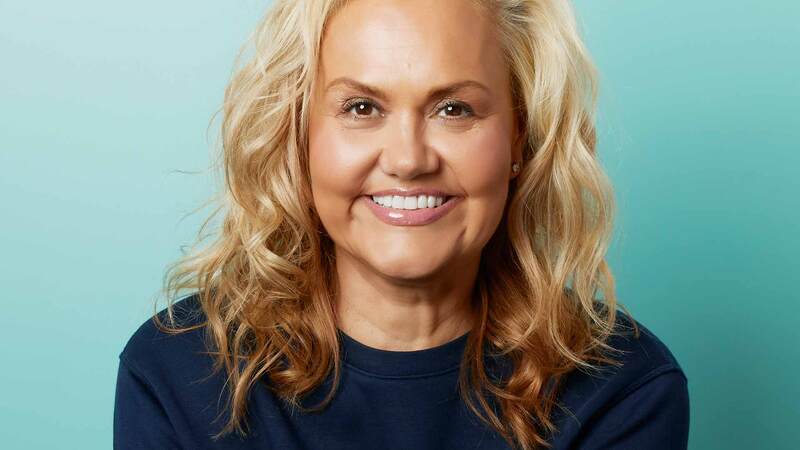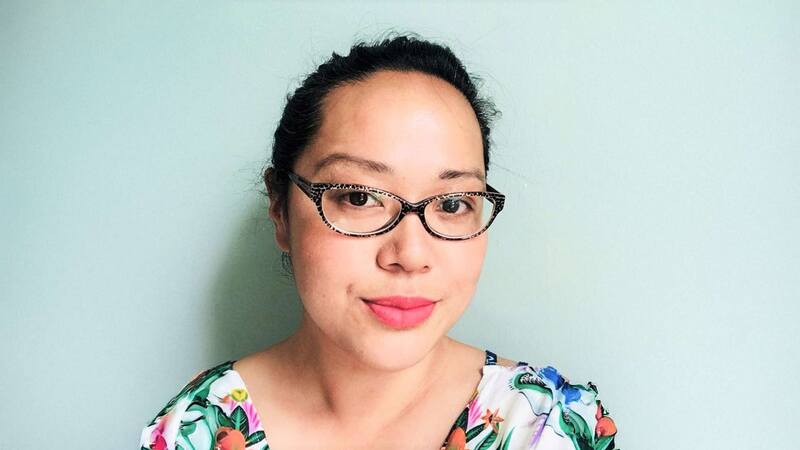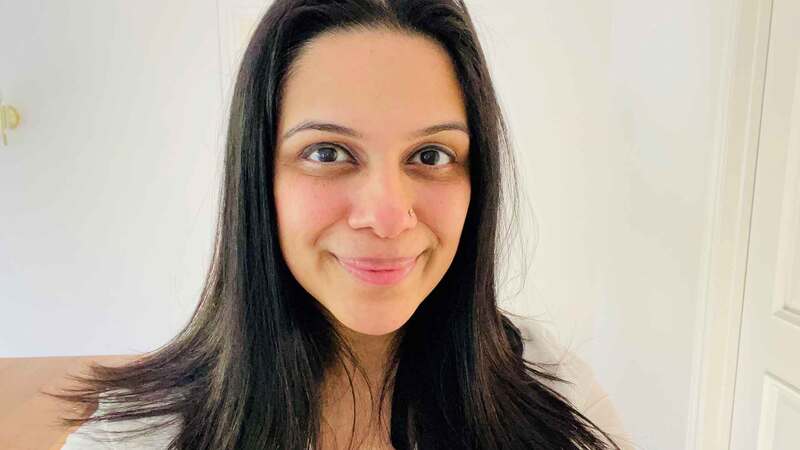You are viewing your 1 free article this month. Login to read more articles.
Difference and disability
Children’s fiction remains awash with dangerous tropes when it comes to characters with disabilities. It’s time to ensure there is positive representatio
I am a disabled and neurodivergent writer. My brain and body work in different and wonderful ways to non-disabled people’s, but it took me a long time to recognise and claim this. Why? Simple: the disabled people in the children’s stories I loved were evil.
When we read as children, we look for escape and adventure. We look to recognise ourselves and learn about our place in the world, and the place of our fellow human beings. Children’s books tell us that people with facial differences are the baddies; that scars are terrifying and should be feared along with the person who owns them; that disabled people are never the hero or the love interest, but that they do need rescuing, curing or fixing; that disabled people are both inspiration and warning.
This is not just in classic stories. It still happens in books that are published today.
In 2018, the Papworth Trust reported that 7% of UK children are disabled, and 10% live in a family with at least one disabled child. That’s 7% of children picking up books that have no positive role models in which to see themselves reflected—just harmful and outdated tropes. That’s 93% of children seeing their disabled peers in an othering and threatening light.
Stories seep into us; that is their magic. Words are powerful, and they perpetuate harm when facial difference and disability are used as a shorthand for evil. It is a dangerous trope that must stop.
On reflection
All children deserve to see themselves in the books that they read—not as one-dimensional monsters, but as real, rounded characters with flaws, dreams and hopes. This is why the representation of disabled people in children’s literature is a massive opportunity for the publishing industry, to not just rectify these past (and unfortunately still continuing) wrongs, but to supply us with new heroes and adventurers, new love interests and new stories.
My anger about representation sparked my desire to write The Secret of Haven Point (Puffin, February 2022). It has no token disabled sidekicks. It’s an adventure set in a lighthouse with mermaids, a captain with a kitten in his beard, and a whole host of disabled characters—a gang of friends who are loving, fierce, kind and hilarious. They get things very wrong and try to put them right. It’s an adventure story in which the characters are disabled, but it’s not “about” disability. It’s not medicalised, and no-one gets magically cured. These characters are just themselves, with all the challenges and humour that this involves.
It’s a story anyone can enjoy, but one in which disabled young people can find a cast of characters to identify with. It’s written for them. That’s the difference, and something that the publishing world needs to think about too. Who is your audience? Who are you excluding?
I’ve had a wonderful experience with an agent and editors who are allies, who let me work my way at my pace. I have an editor who has been brave and seen the potential in this story, who has dared to leap. Agents and editors should not have to be brave. Publishing books featuring disabled main characters makes financial sense too: there is the disabled “purple pound” to consider, after all. And there is an appetite. Look at the recent success of Elle McNicoll’s A Kind of Spark (Knights Of), in which Addie, an autistic young person, takes on her town.
Speaking out
There are not enough disabled and neurodivergent authors with publishing deals. The burden of representing every disabled child is placed on too few authors—it’s a burden that I find terrifying. I was helped by using an inclusivity consultant (every single publishing house should be using inclusivity readers). I’m a disabled person, but I don’t have all of the impairments belonging to my eclectic cast of characters. My inclusivity reader guided me with care into doing no harm. No book including disabled characters should reach the shelves without this process.
We don’t just need more disabled and neurodivergent authors; we need more disabled and neurodivergent editors and agents, copyeditors and illustrators, booksellers and librarians, marketers and sales executives. We need more disabled people in all the positions of commissioning power, supported by non-disabled allies and advocates. Not only will this ensure that we represent the full spectrum of disability, but that harmful tropes and stereotypes are spotted straight away.
No child should ever believe they are inherently evil, an object of fun, always the baddie, never the adventurer. They should believe in the magic and wonder of books, that they can be anyone they want to be.
They should believe that they can change the world.
Lisette Auton is a disabled writer, activist, poet, novelist, spoken-word artist, actor, film and theatre-maker and creative practitioner. The Secret of Haven Point, her début novel, will be published by Puffin in February 2022









